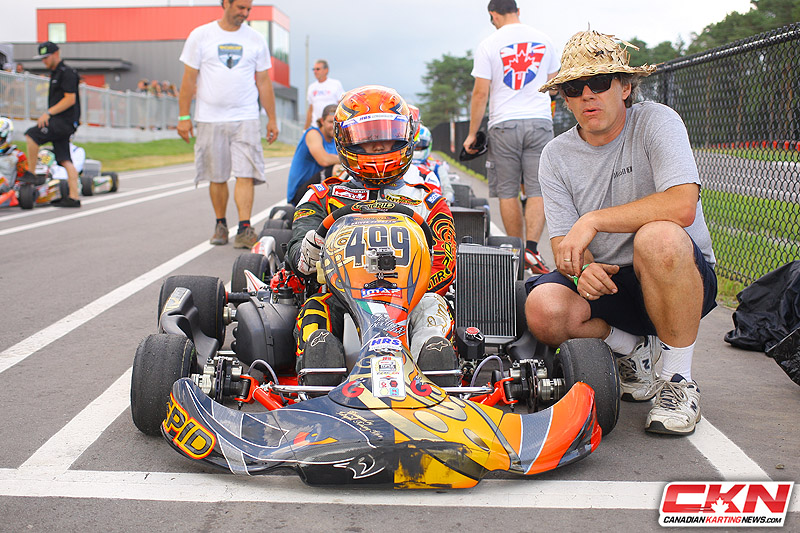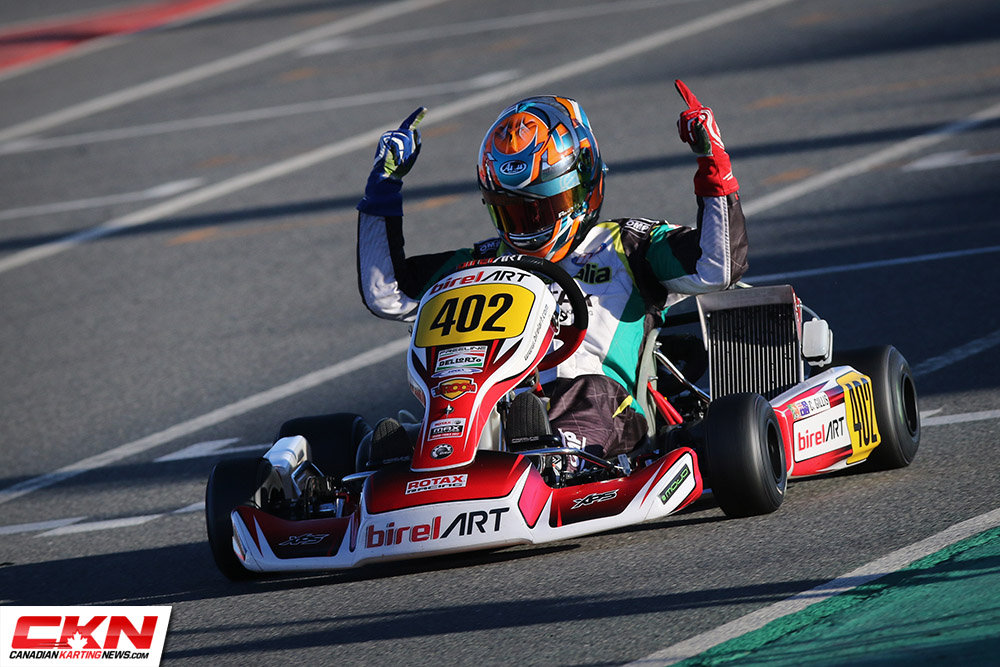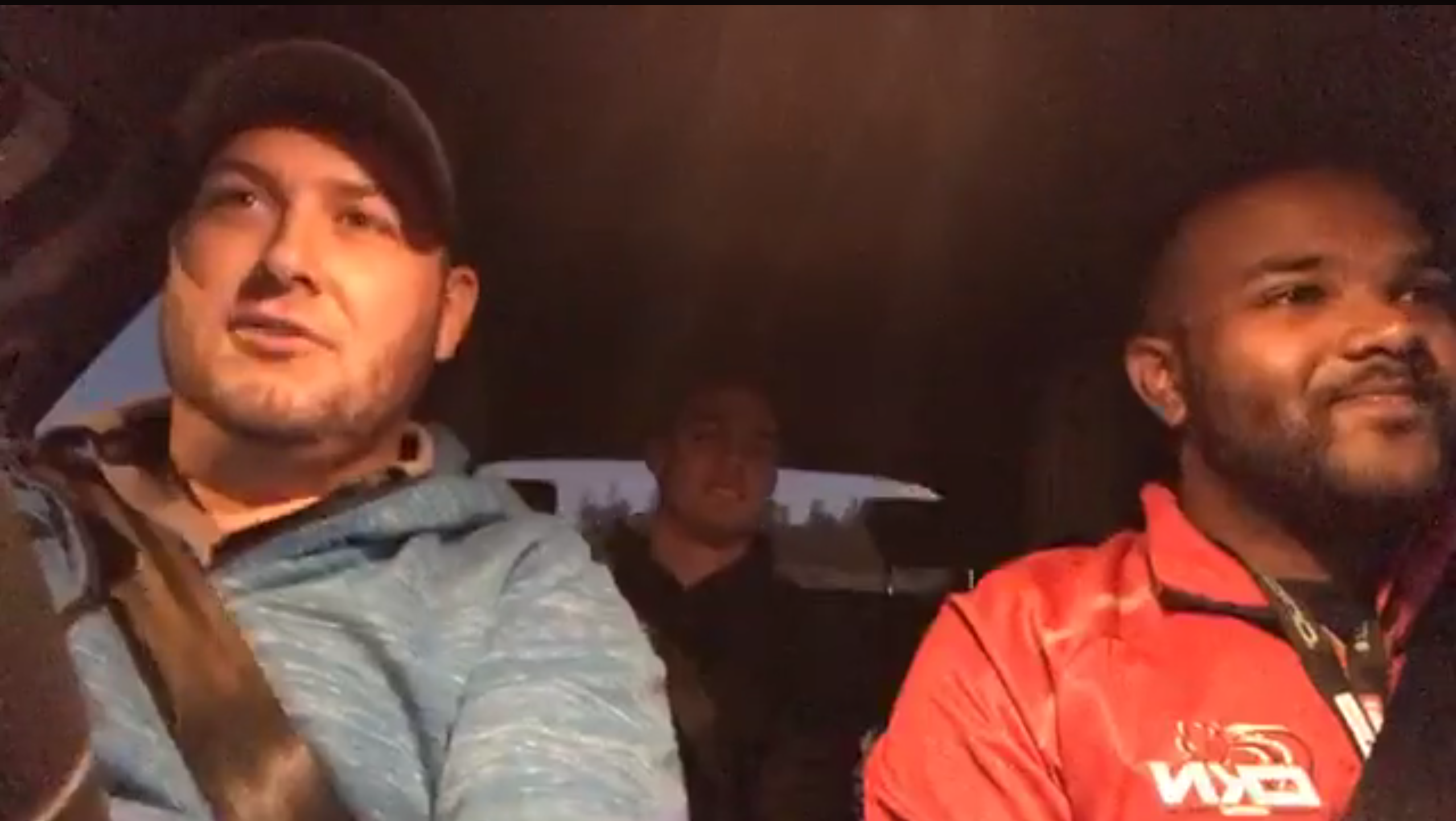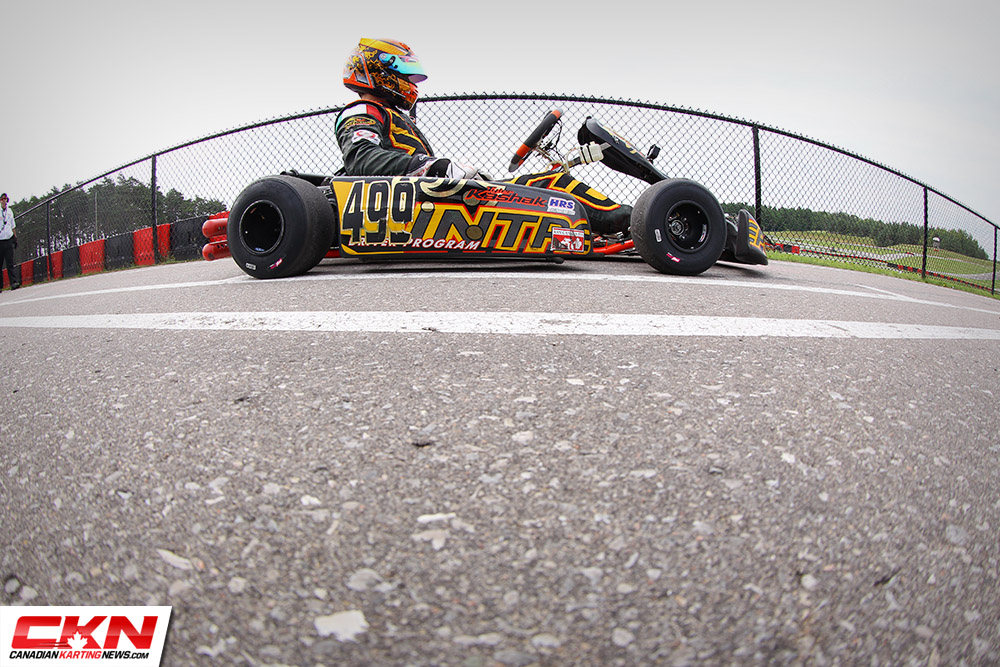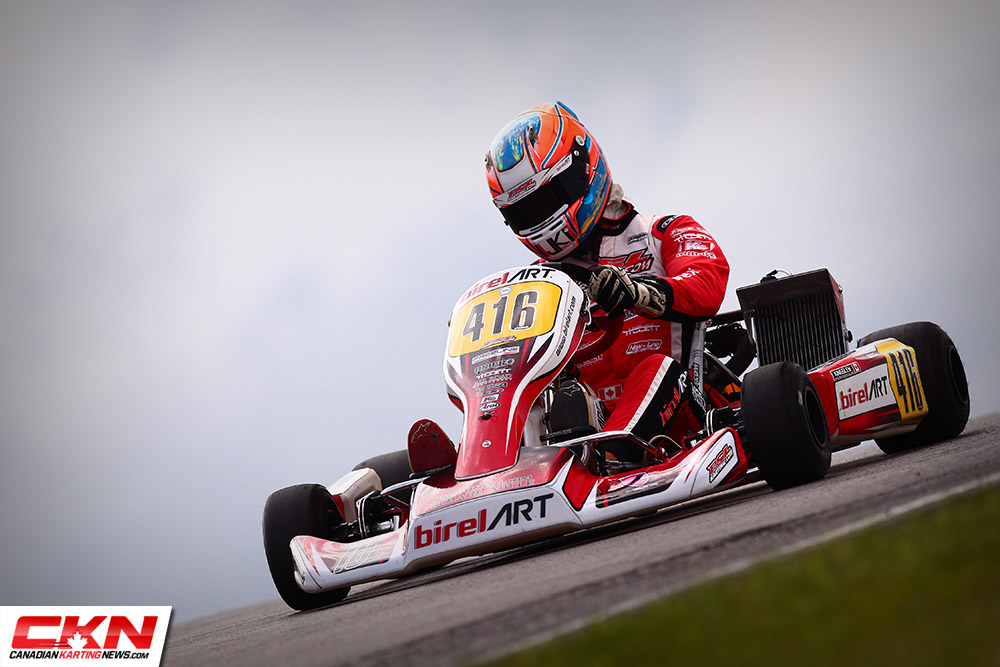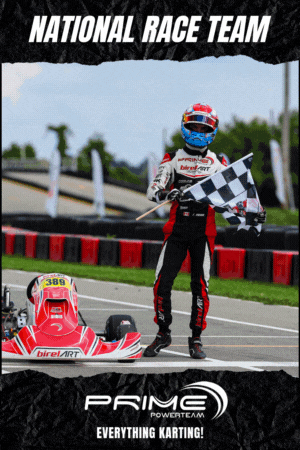CKN Exclusive
Tyler Says “THINK Before You Drive”
Tyler Kashak, 2015 ASN Canadian National Rotax DD2 Champion brings a very important message about road attention to CKN. Currently attending McMaster University in Hamilton, Ontario seeking his Engineering Physics degree, Kashak will represent Team Canada at the Rotax Max Challenge Grand Finals this November in Portimao, Portugal.
When you are travelling over 100km/h, a millimeter off the ground, doing wheel-to-wheel battle, it does not take much to understand the risks we face as racing drivers out on track. Moreover, with little in the way of safety should something go wrong, the potential for life-altering injury increases exponentially. These risks we accept and embrace each and every time the green flag waves until we reach that elusive bliss of crossing the finish line first. That is when the risk should stop, shouldn’t it? Yet immediately after each event we get behind the wheel of another vehicle and travel home still with the mind-set of a karting champion, pedal to the metal. These risks we face. These risks that exponentially increase the potential for life changing disaster. These risks which we accept could jeopardize our lives and the lives of others. At the end of the day it is just us behind the wheel of our kart, so we find it easy to embrace these dangers.
So why would any level-headed racing driver want to put our own loved ones, or the loved ones in others, in the same balancing act we face out on the race track? They wouldn’t. Yet we do it subconsciously. Every time we drive to the store, the mall, school, or a relative’s house, we treat the open road as our proving grounds and continue to travel as if it is the last lap of the World Finals.
We are always told to “drive smart, obey the speed limit, arrive alive”, but why even go there? It should be second nature to understand that we possess a great responsibility behind the wheel of a motor vehicle. We have this idealization we are invincible, that in any given situation we have the reactions of a fighter pilot and we will always be safe under our own talent. Would you rely on your talent when in reality you might be that same driver coming back to the paddock in the recovery vehicle time and time again?
I am entering my second year at McMaster University for Engineering Physics, so I am not qualified to tell you what happens to your body during a high speed collision. However, I am qualified to tell you what will happen to your car, with you in it. The collisions on the race track are multiplied exponentially on the road. The vehicles are heavier, the car reacts slower, and typically we are travelling faster.
The European Road Safety Observatory reports that with every 1 km/h increase in speed, the likelihood of accident increases by 3%. Road safety effects of speed changes are directly related to the change in kinetic energy that is released in a collision. It is simple. The more mass you are carrying and the faster you are travelling, the more likely you are to: A) have a collision, and B) not survive the collision. This does not take into account impaired driving, nor does it account for distracted driving which is an issue very prominent in today’s road safety and would increase the magnitude of a collision exponentially.
You would never wish a terrible accident to someone on track, nor would you to someone on the road. Yet we place ourselves in the situation where you would experience such an incident should some marginally small mistake arise. To impress your friends? Yourself? Your significant other? We are all guilty of it and as petrol-heads we thrive off of it. It shouldn’t have to take a life changing injury or the loss of a loved one to finally let the magnitude of your responsibility on the road sink in. We always say “it hasn’t happened to me or anyone I know, so why should I care, I’m safe.”
You know me. Tyler Kashak. Karter of 8 years at both Mosport and Goodwood Kartways and I have won enough races to be a credible source of driving ability. Yet it has happened to me, and it can happen to all of us.
We should enjoy the thrill of speed and competition out on the racetrack, where it should be. Is your loved one’s life worth a drag race to the next set of traffic lights, or a text on your phone, or the three minutes you will save travelling 150km/h on the highway? Keep that in mind when you leave the track, shut off the will to win and make sure you can make it home so that you may make the journey again on race day.
I am not asking you to stop racing, I am asking you to start thinking.
Leave it all on the track, think before you drive. See you on race day.
-Tyler Kashak



